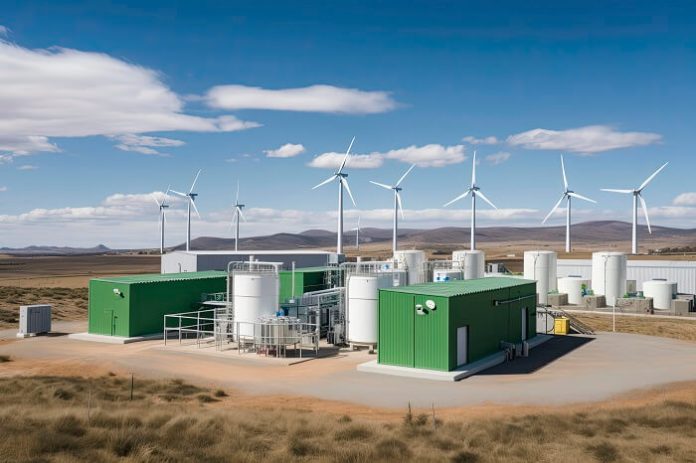India’s battery energy storage capacity experienced a remarkable surge, soaring more than four times to 219 MWh by March 2024 from 47.6 MWh in March 2023, according to a report by Mercom Capital Group.
The significant growth is driven by various policy initiatives, including the deviation settlement mechanism, grid connectivity regulations, and ancillary services regulations aimed at improving renewable energy integration and grid stability.
Additionally, the Viability Gap Funding (VGF) program, with an allocation of ₹37.6 billion, seeks to install 4 GWh of battery energy storage systems (BESS). Energy storage obligations (ESO) and bidding guidelines for both standalone and renewable energy-coupled storage projects are also fostering a substantial pipeline of new projects.
From the time India began exploring energy storage with pilot projects in 2013, the cumulative installed capacity has reached 219.1 MWh by March 2024, with 120 MWh added in the first quarter of that year alone.
Solar photovoltaic systems integrated with BESS constitute 90.6% of the total installed capacity. Despite the rapid expansion of renewable energy, the development of energy storage infrastructure has lagged, which could lead to energy curtailment and grid stability issues.
As reported by ibef.org, Mercom Capital Group CEO Raj Prabhu emphasized the need to prioritize energy storage to support India’s energy transition goals and effectively manage the increasing presence of intermittent renewable energy sources.






























